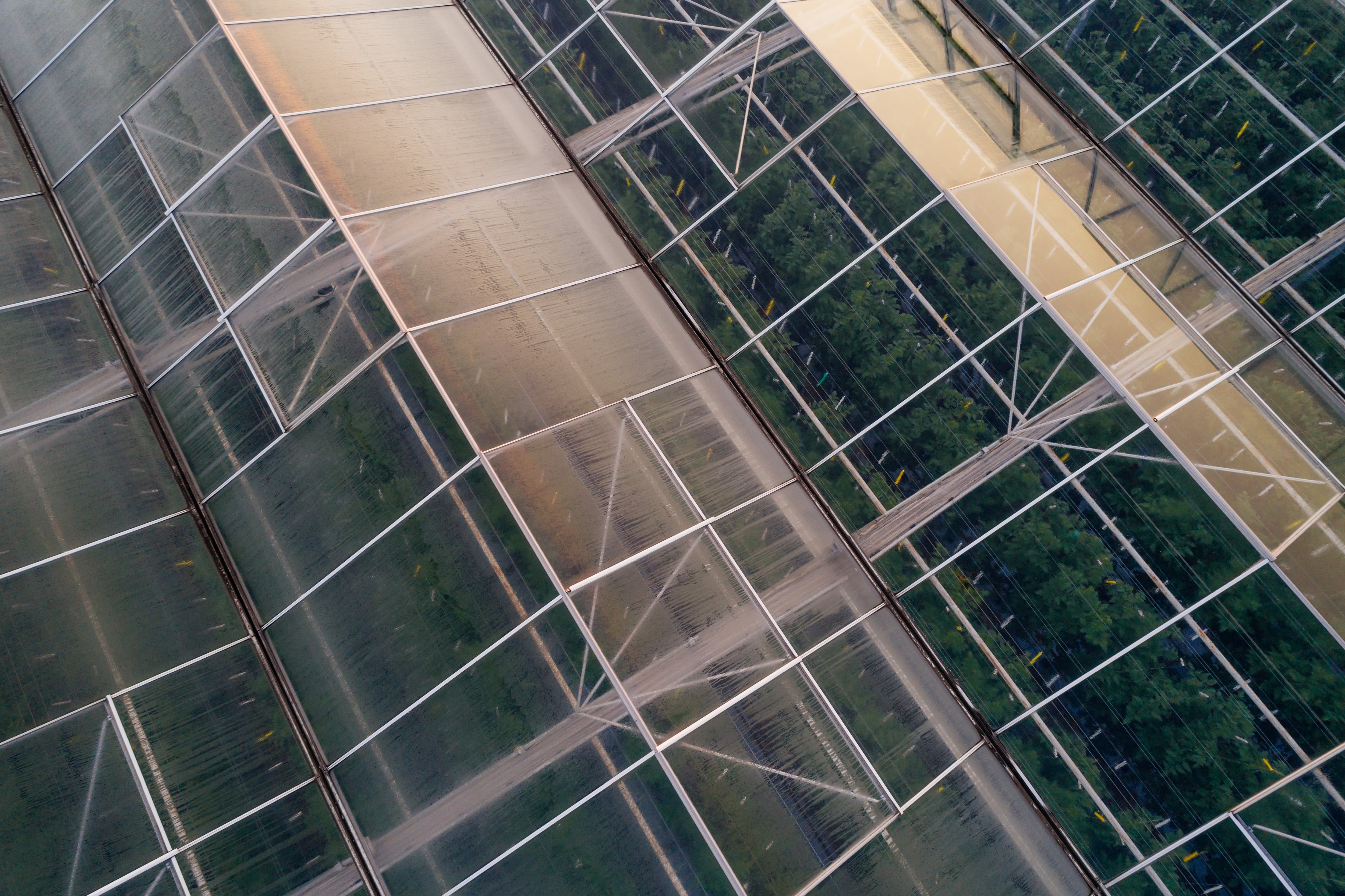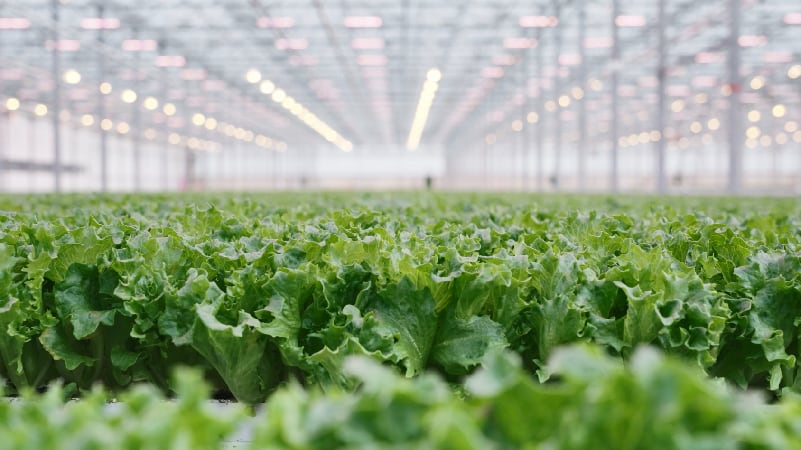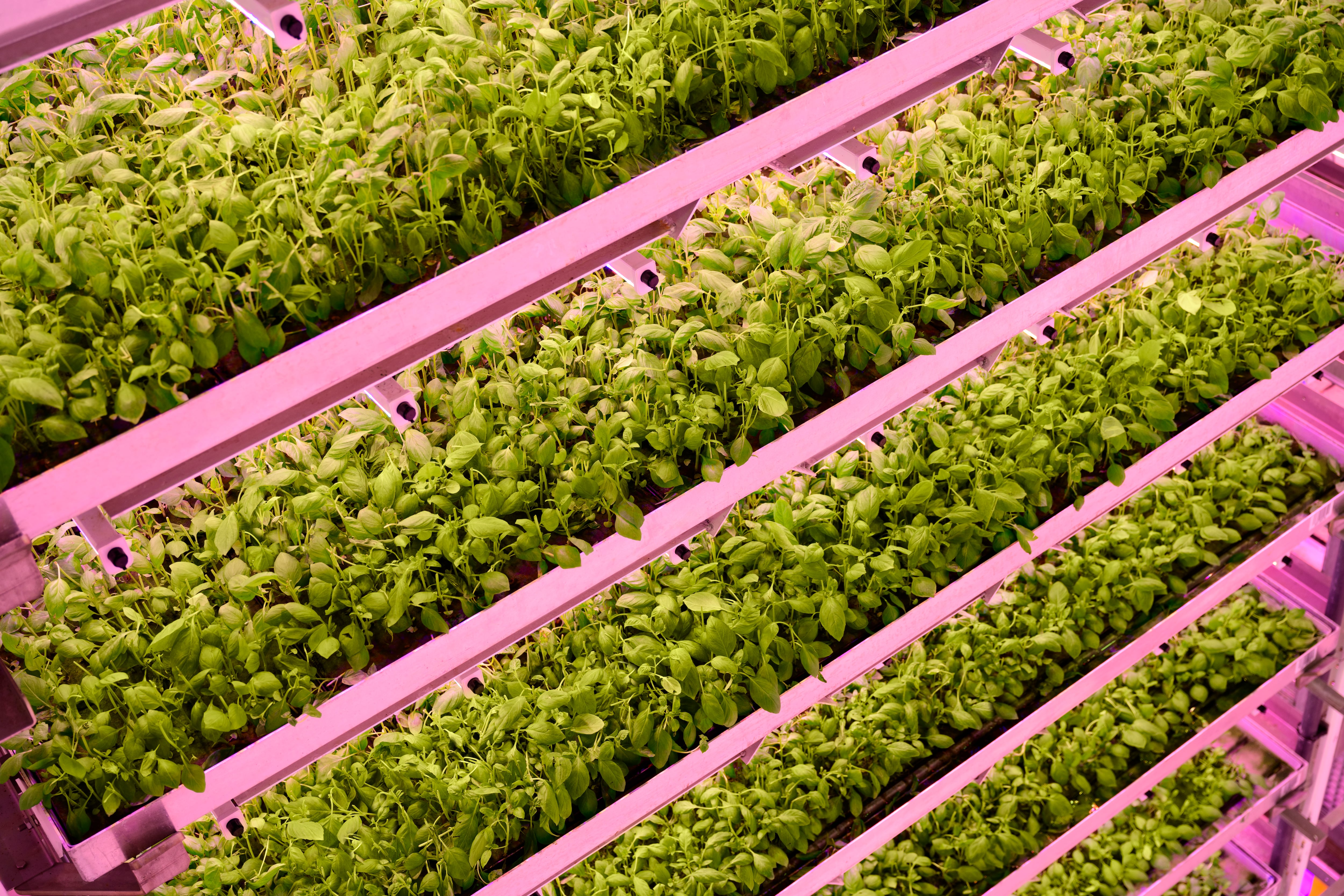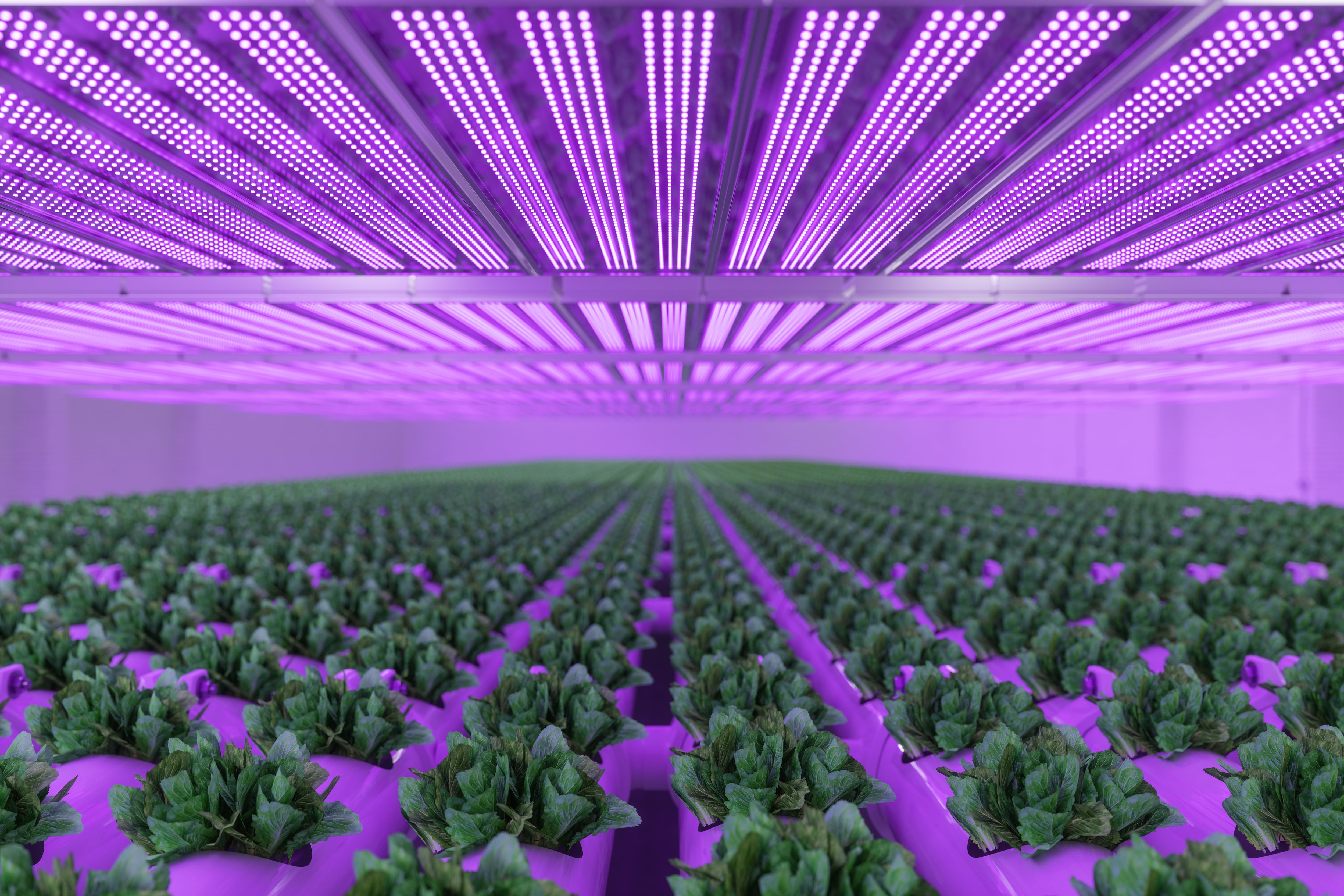ISO Horti, which supplies robotics and automation to the horticultural sector and TTA, which supplies transplanting and sorting solutions, are merging under the name TTA-ISO as labour shortages in the industry push the need for increased automation to maintain productivity.
The Dutch companies say the food and Controlled Environment Agriculture (CEA) sectors face critical challenges: producing more food with fewer resources, addressing global labour shortages and rising costs, and contributing to sustainable food production.
Operating under the name TTA-ISO, the partnership aims to address rising demand for automation in global horticulture and food production. While this growth presents ample opportunities, the sector also faces urgent challenges such as labour shortages, stringent sustainability regulations, and rising quality standards. By combining their complementary expertise, TTA-ISO believes it is better equipped to deliver cutting-edge automation solutions, including AI and robotics, helping growers worldwide adapt and thrive.
The global horticulture sector is poised for annual growth of 8-10%, estimates TTA-ISO, which is targeting expanding in the Americas, Middle East, and Oceania by leveraging its tech and AI-driven vision solutions.
Unified R&D and innovation capacity
According to the company, the merger will bring together R&D resources, accelerating automations to market, and offering clients a broader range of products and services. Greater innovation capacity will pave the way for customised solutions tailored to the customer’s unique needs, it claims.
“This merger empowers us to help our customers push boundaries, transform their operations, and achieve the extraordinary,” said Martin Maasland, CEO of ISO: “By optimising their processes and enabling more efficient use of resources, we’re reducing waste and environmental impact—vital for the sector’s future and a powerful opportunity to shape horticulture worldwide.”
The merger is backed by Rabobank and existing shareholders. Jan Bakker, CEO of TTA, said: “Bringing TTA and ISO together allows us to meet the surge in demand for innovative automation. Automation is the future of horticulture, and TTA-ISO is at the forefront of this movement. Our combined expertise helps growers worldwide increase productivity, improve yields, and grow more sustainably.”
AI, software and data are playing a crucial role in transforming horticultural practices, explained Renko Schuil, sales manager, indoor farming, at TTA. These are “trendy words but the reality is that people want to make better and faster decisions based on data, especially big data.
“This data needs to be collected so part of TTA’s job is to make sure its equipment is connectable with all kinds of other systems.
“The merger between TTA and ISO will bring so much more opportunities in terms of speed to market. it will have a huge impact because instead of having two r&d teams working in parallel, we can combine forces.”





